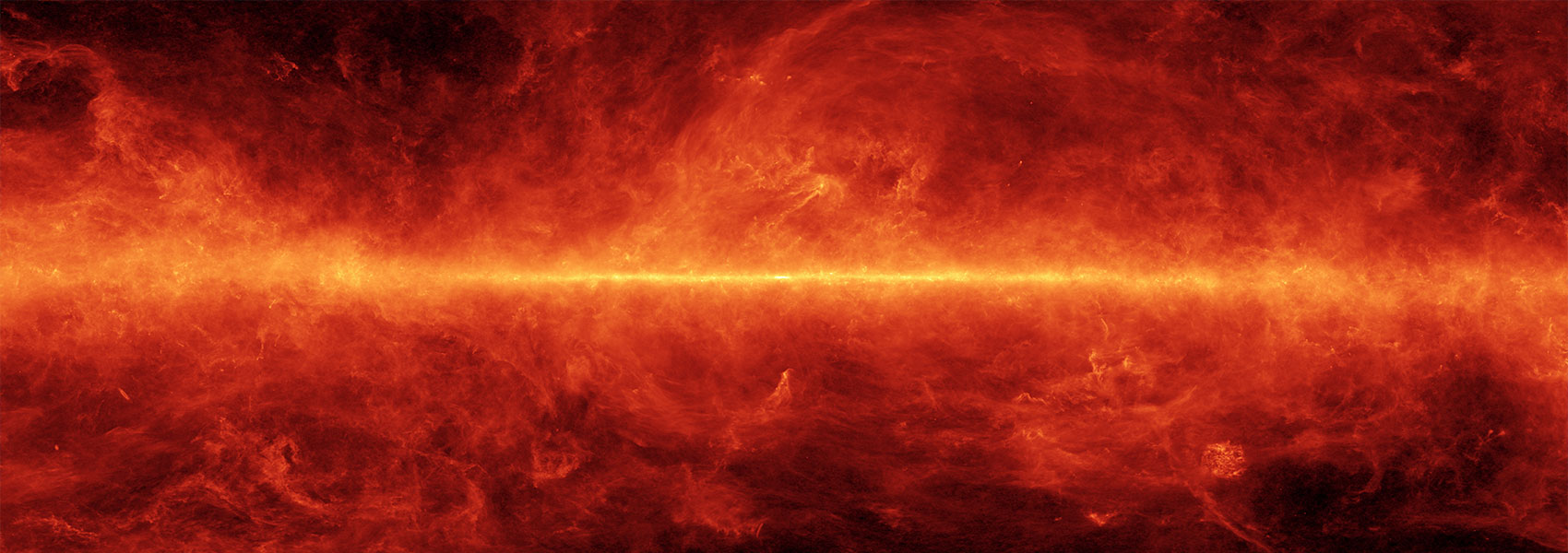Title: The Planet We Could Not Imagine
Abstract: A fundamental aspect of understanding the limits of habitable environments and detectable signatures is the study of where the boundaries of such environments can occur, and the conditions under which a planet is rendered into a hostile environment. In our solar system, Venus is the most Earth-like planet, yet at some point in planetary history there was a bifurcation between the two: Earth has been continually habitable since the end-Hadean, whereas Venus became uninhabitable. Indeed, Venus is the type-planet for a world that has transitioned from habitable and Earth-like conditions, through the inner edge of the Habitable Zone (HZ); thus it provides a natural laboratory to study the evolution of habitability. Whilst ever we struggle to understand the fundamental properties of the Earth-sized planet directly next door, the task of characterizing the surface environments of Earth-sized planets around other stars will remain proportionally inaccessible. In this talk I will describe the gaps in our knowledge regarding Venus within the context of how these gaps are impacting our ability to model exoplanet atmospheres and interiors. I will outline the premise behind the “Venus Zone” and how testing the conditions of runaway greenhouse is an essential component of understanding the development of habitable conditions. I will present several detected potential Venus analogs including detailed climate simulations that constrain their surface environments. I will further present the expected yield of Venus analogs from the Transiting Exoplanet Survey Satellite (TESS) and the potential for atmospheric characterization with the James Webb Space Telescope (JWST). Finally, I will summarize the primary exoplanet science questions that would be addressed by a return surface mission to Venus.



